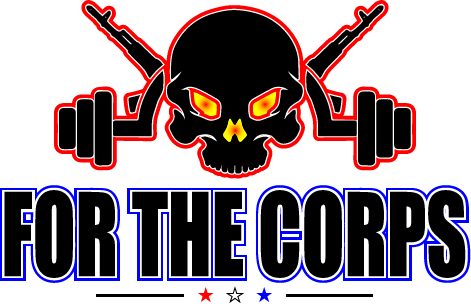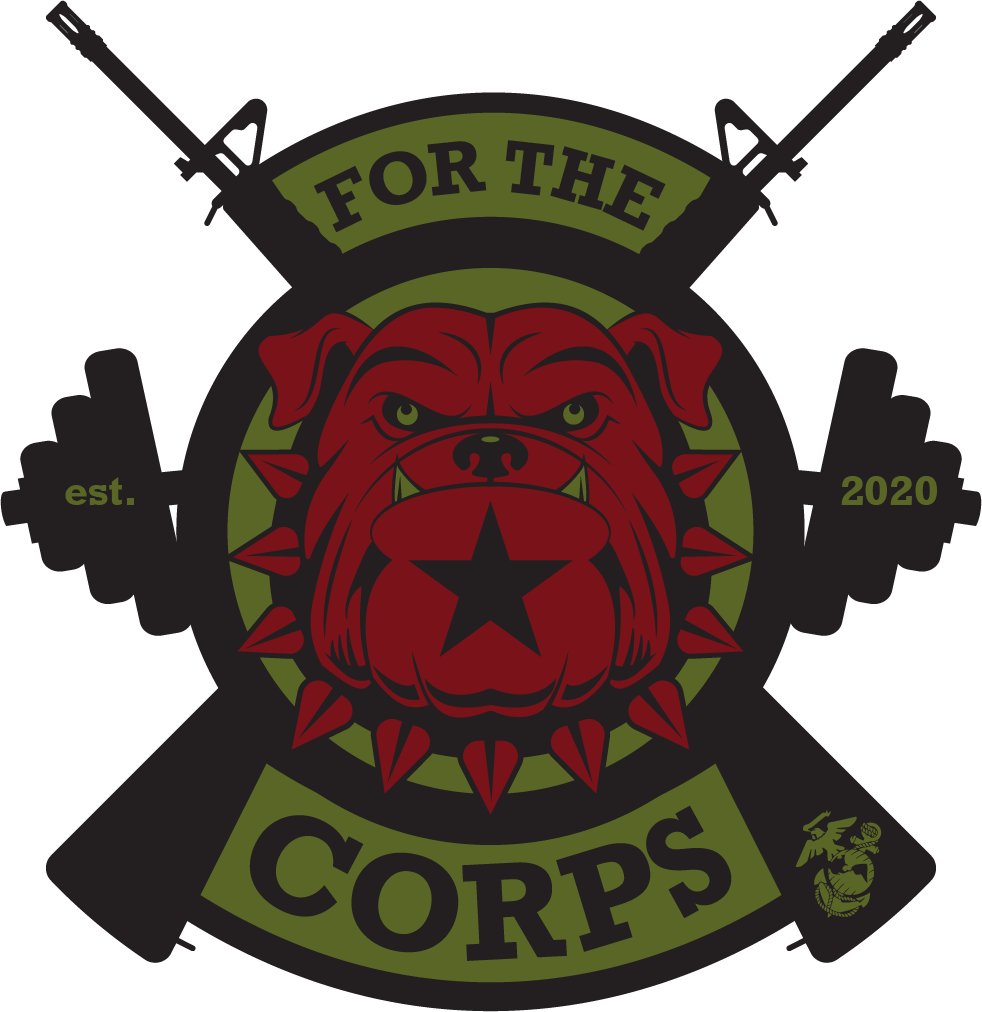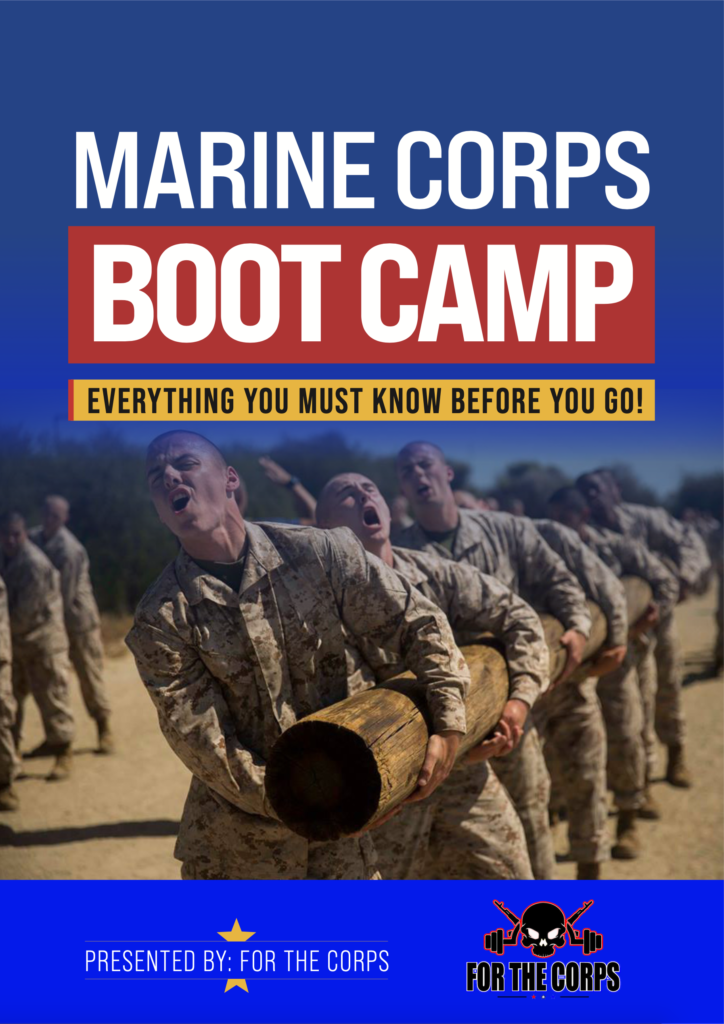Daily Life As A Motor T Marine | Marine Corps Motor T (MOS 3521-3531)
In the Marine Corps, there are many jobs or Military Occupational Specialties (MOS) that you can choose from. Each of these related jobs is classified under different Occupational Fields (OccFlds). The Motor Transportation field (OccFld 35) includes both the Operations and the Maintenance functions. So, when you hear someone say they were a Motor T Marine, they were either an operator or a mechanic. Marine Corps Motor T is an exciting MOS within the Marine Corps and one that comes with many responsibilities.
Marine Corps Motor T Job Requirements
If you are considering Motor T as a career path in the Marine Corps here are things to consider. To work in the Motor Transport Field you must take and pass the Armed Services Vocational Aptitude Battery (ASVAB). You must possess a Mechanical Maintenance (MM) score of 85 or higher. Once you’ve completed and passed the ASVAB, graduated Marine Corps Basic Training, and completed Marine Combat Training (MCT), you will now be ready to attend Motor T school.
Your past driving record will be subject to a search under the National Driver Register, and they will need a U.S. Government motor vehicle operator’s identification card for the M-Series 7-ton vehicle.
In the Marines, the minimum height for motor vehicle operation is 64 inches, and the maximum is 75 inches and applicants must have normal color vision.
Where Will Training Be Conducted?
If you went the Operator route, you’ll attend 6 weeks of Motor Vehicle Training at Army Base Fort Leonard Wood, Missouri. The purpose of the Motor Vehicle Operator Course is to train new Marines in the basics of operating motor transport equipment, preventative maintenance checks and services (PMCS), cargo loading, emergency procedures, ground guiding procedures, and operating a load handling system (LHS) on various types of equipment ranging from 2 1/4 tons to 27 tons. Upon graduation, Marines will be assigned the MOS code 3531.
For those of you who chose the Vehicle Maintenance path, you will be sent to Marine Corps Base Camp Lejeune, N.C. aboard Camp Johnson where you will attend 59 days of training at the Automotive Organizational Maintenance Course. There you will learn how to run tests, perform inspections, make adjustments, and service and repair motor transport vehicles. Upon completion and graduation from this course, Marines will be assigned the MOS code 3521.
Daily Life As a Motor T Marine and What To Expect
A day in the life of a Motor T Marine will vary greatly depending on your job title, duty station, and your unit.
As a former Motor Vehicle Operator I spent a lot of my junior Marine (E1-E3) days on the road hauling various types of material from water, people, ammo, vehicles, and anything else that needed to be transported. We did many field ops which are training exercises that are used to prepare Marines for real-life deployment scenarios. These field ops test your skills, put you under pressure, and enhance your capabilities. As Motor T Operators we convoyed a lot both day and night.
When my unit deployed to Afghanistan in 2012 we ran over 40 missions across rugged terrain providing support and transporting essential supplies to the remote operating outposts and patrol bases.
Back in garrison (at our unit) we kept our motor pool clean and tidy, performed basic preventative maintenance checks and services (PMCS), and did everything else we could to keep busy. As an operator, you will have various opportunities to apply for more licenses and acquire more certifications to make you more competitive and desirable within your field.
Now for all of you future Mechanics out there, just know that I wasn’t one and I am only speaking on behalf of what I experienced and saw from working closely with and being friends with mechanics.
Motor T Mechanic (MOS 3521)
As a Motor T Mechanic, you’ll be just that, a mechanic. You’ll have various licenses to drive the vehicles you are trained to work on, but most, if not all of your time with be spent working on vehicles in some capacity. You’ll essentially be fixing all the trucks that we operators broke on a daily basis.
Majority of my mechanic buddies I worked with and around often times wished they went the operator route. Not because their job wasn’t exciting or anything like that, but because it did, at times, get boring. As an operator, we had more opportunities to deploy, or even get away from the motor pool, whether we were off training or just transporting various materials and supplies around the base.
Conclusion
As you can see the Motor Transportation field can be an exciting MOS and one with many opportunities. Whatever Motor T field you choose, both are exciting and rewarding if you want them to be.
I hope this answered some questions and gave you a better understanding of what to expect if I did my job right you now have the basic knowledge and understanding of the differences between Motor T Operators and Mechanics!
Whichever path you choose I encourage you to go in with an open mind, give 110% always, and always remember to Embrace The Suck!
FREE Marine Corps Knowledge E-Book
Here’s a gift for sticking around until the end!
Use this guide as a training resource as you prepare yourself for boot camp!
Grab your FREE copy of the Marine Corps Knowledge eBook!
Thanks for stopping by!
Semper Fidelis,
Tony
Sergeant (Marine Corps Veteran)
For The Corps
Be sure to check you spam folders if the E-Book isn’t sent to your primary inbox!
Related Articles:
Before you leave, here are some Articles you NEED to Check out!
- Marine Corps Boot Camp Schedule | Week-by-Week Guide (2023 Update)
- The Marine Corps Enlistment Process in 2023 | A Comprehensive Guide
- What To Ask Your Military Recruiter? Ask These 20 Questions!
- Where Do Marines Live After Boot Camp? | Here Is EVERYWHERE You Will Be Going After Basic Training!
Visit the For The Corps YouTube Channel for more content!
For The Corps YouTube Channel!


